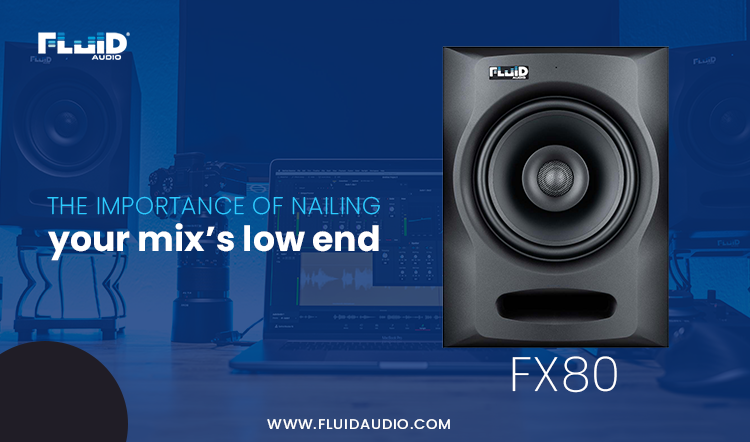Starting your Home Recording Studio? Here’s what you must know
In this current era of DIY and saving costs, musicians everywhere want to learn audio recording for themselves. Advances in technology have enabled anyone to do what was once accomplished only by professionals. Recording and mixing your own music is no exception! Today, with a simple personal computer and some knowhow, you can be on your way to producing high fidelity recordings that rival those made in expensive studios.
Home studios have become so popular nowadays that nearly every serious musician has at least some type of recording equipment in their home. However, it is quite common for many musicians (who are not experienced engineers) to be intimidated by the idea of setting up a recording studio. If you’re one such creative soul who is still on the fence, here is an article that will help you make up your mind:
- Luckily, you don’t need to break the bank in order to get started. You can make records in your home studio and spend less than $1000 getting set up! For a simple but effective home studio, the first thing you need to buy is the hardware – which is an audio interface. This usually connects via USB to your computer and allows you to record an instrument straight in and create digital audio files. Secondly, you will need a DAW (Digital Audio Workstation) software which will allow you to manipulate these separate files along a timeline to play them together. Then, after selecting a microphone and some cables, you’re basically good to go! These days, you can find all kinds of studio gear, including headphones and studio monitor speakers online, making them easy to find and at a price you can afford.
- Generally speaking, knowledge matters more than expensive equipment. A common misconception is that great recordings can come only from expensive, brand-name studio gear. Streaming platforms are flooded with outstanding recordings that are recorded on cheap-to-modest gear, as well as lousy recordings that were produced on high-end gear costing a fortune! Many average-sounding recordings come from people who didn’t know the basic principles of audio recording, mixing and producing. You must realize that the only real difference that will set you apart is your practical know-how.
- Another truism about the audio recording: You don’t even need to know all the technicalities of your equipment in order to use it! You don’t have to know how to build an engine in order to drive a car, right? The same is true for recording. Rather than trying to dive too deep into the technical nuances and getting caught up in the mechanical jargon, merely learn how to “drive” your gear, and you should be good to go.
- Take the plunge by learning from the Internet: Often newbies are tempted to buy textbooks about home recording before they try to do any real recording themselves. Though these books can prove to be solid resources, sometimes the best method is just to dive right in. The trial and error approach is the best way to start. There are many contemporary, user-friendly recording software programs available that don’t require much time to learn at a basic level. Merely start experimenting and develop your own base knowledge. There are also many helpful videos on Youtube if you get stuck.
- Affordable yet quality studio monitors will suffice at first: When you’re new and excited about making great recordings, it’s easy to be tempted to buy expensive monitors for playback. Save yourself from going overboard and take our advice – nothing fancy is required to create some well-mixed tracks. What you really need is to know the sound characteristics of your monitors compared to other speakers. One such ideal set of monitors is the Fluid Audio Classic Series which will get the job done and look extremely cool sitting on your desk.
Every creative musician, at some point in their life probably wanted to own a recording studio. Today it’s available to just about anyone. With a bit of effort and understanding of the process, you can not only produce your own records, but earn a decent income at doing what you love to do.



Comments
Post a Comment